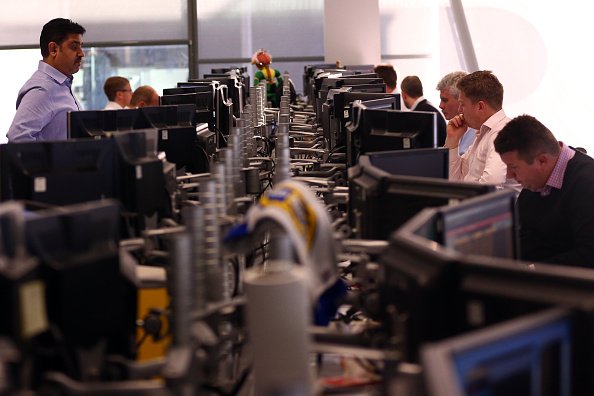
Do you struggle to wake up every morning to report yourself to work? It could be because you should have never been up too early in the first place.
One of the leading doctors of Oxford University, Dr. Paul Kelley, argues that working people should not report earlier than 10:00 a.m., or both the business and the workers run the risk of poor performance.
The main reason has something to do with the circadian rhythm, every person's natural body clock. It affects not only the sleep-wake cycle but also the various metabolic processes in the body. This may explain why people who are deprived of sleep are prone to hormonal imbalances and obesity. They also struggle losing the extra weight.
According to the doctor, a person cannot impose his preferred internal clock simply because he cannot change the 24-hour rhythm, which is receptive to the amount of light it receives. However, it's not sight that governs this cycle but rather the hypothalamus, which is located in the brain.
When adults are sleep deprived, which normally happens when work requires them to start early in the morning, they may only perform poorly as lack of sleep negatively affects concentration and the ability to make good and right decisions.
The doctor further stresses that the best time to work begins at 10:00 a.m. since the body doesn't respond positively to the 9:00 a.m. schedule until they're at least 55 years old, an age when the much-needed sleep is less.
Dr. Paul Kelley also notes that conventional schedules affect not only adults but also children. As mentioned in previous studies, many of the students, especially pre-teens and adolescents, lack sleep as they have to report to school before 9:00 a.m. He suggested a more staggered method of scheduling, depending on the children's ages. For example, since young ones naturally wake up early, they can start at around 8:30 a.m., but teens should start school at 10:00 or 11:00 a.m.
